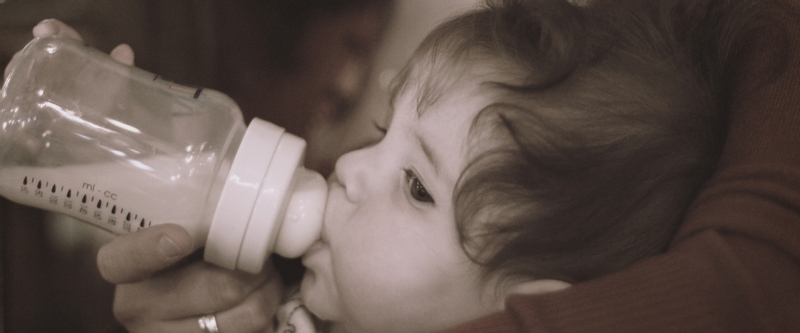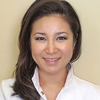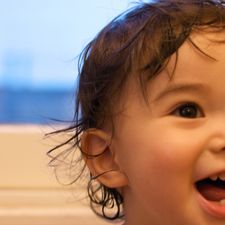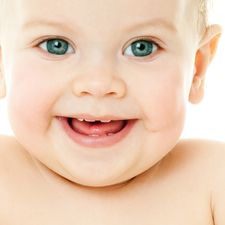Most parents know to avoid putting a baby to bed with a bottle. But how big of a deal is it, really? It’s actually quite important. Baby bottle tooth decay can cause serious health complications, some of which can last into adulthood.
Prolonged exposure to sugars in the liquid can encourage harmful bacteria to grow, so it’s best to restrict your child’s bottle access to feeding times, and always clean the teeth and gums afterward.
Why do baby bottles cause tooth decay?
Whenever you feed your baby, sugars from the liquid float around the mouth. When you let your baby suck on a bottle indefinitely, those sugars remain in the mouth for an extended period of time, which makes it easier for bacteria to grow.
In addition, infants are especially vulnerable because liquids like breast milk and prepared juices may not have any fluoride in them. That means they’re not getting the protection you or I would get from drinking tap water. They also have a less developed immune system, so infections in the mouth may form more easily than they would for adults.
Your oral health can also influence how much of a risk your child faces. The bacteria that cause tooth decay can be passed from parent to child—often by sharing food, but sometimes even just through kisses. For this reason, parents with preexisting oral health issues should be extra careful about cleaning their infant’s gums and teeth.
Other causes of tooth decay in young children
The good news is that preventing baby bottle tooth decay is relatively easy: simply take away the bottle after feedings and make sure to clean your baby’s gums and teeth. That said, there are a few other things to watch out for when it comes to avoiding tooth decay in young children:
- Sharing saliva – As mentioned above, you can transmit infections to your baby through your saliva. That’s why we recommend that parents avoid sharing spoons with their babies or licking their pacifiers clean.
- Sweetened pacifiers – Some parents dip a pacifier in honey or another sweet substance to provide a soothing treat to their babies. Unfortunately, this can cause the same decay problems we see with baby bottles.
- Infrequent brushing – Once your child’s teeth start to come in, you should brush them after feedings using a child-size toothbrush and a dab of toothpaste. When children are old enough to brush by themselves, always supervise them until you know they can be trusted to do it properly and not swallow the toothpaste.
- Sugary drinks – Try to restrict sweetened beverages to meal times. If you child asks for something to drink between meals, offer water.
Further Reading
- American Dental Association. (n.d.). Baby Bottle Tooth Decay. MouthHealthy.
- Bruerd, B. et al. (1996). ”Preventing baby bottle tooth decay: eight-year results.” Public Health Report.
- WebMD. (n.d.). What Is Baby Bottle Tooth Decay?




